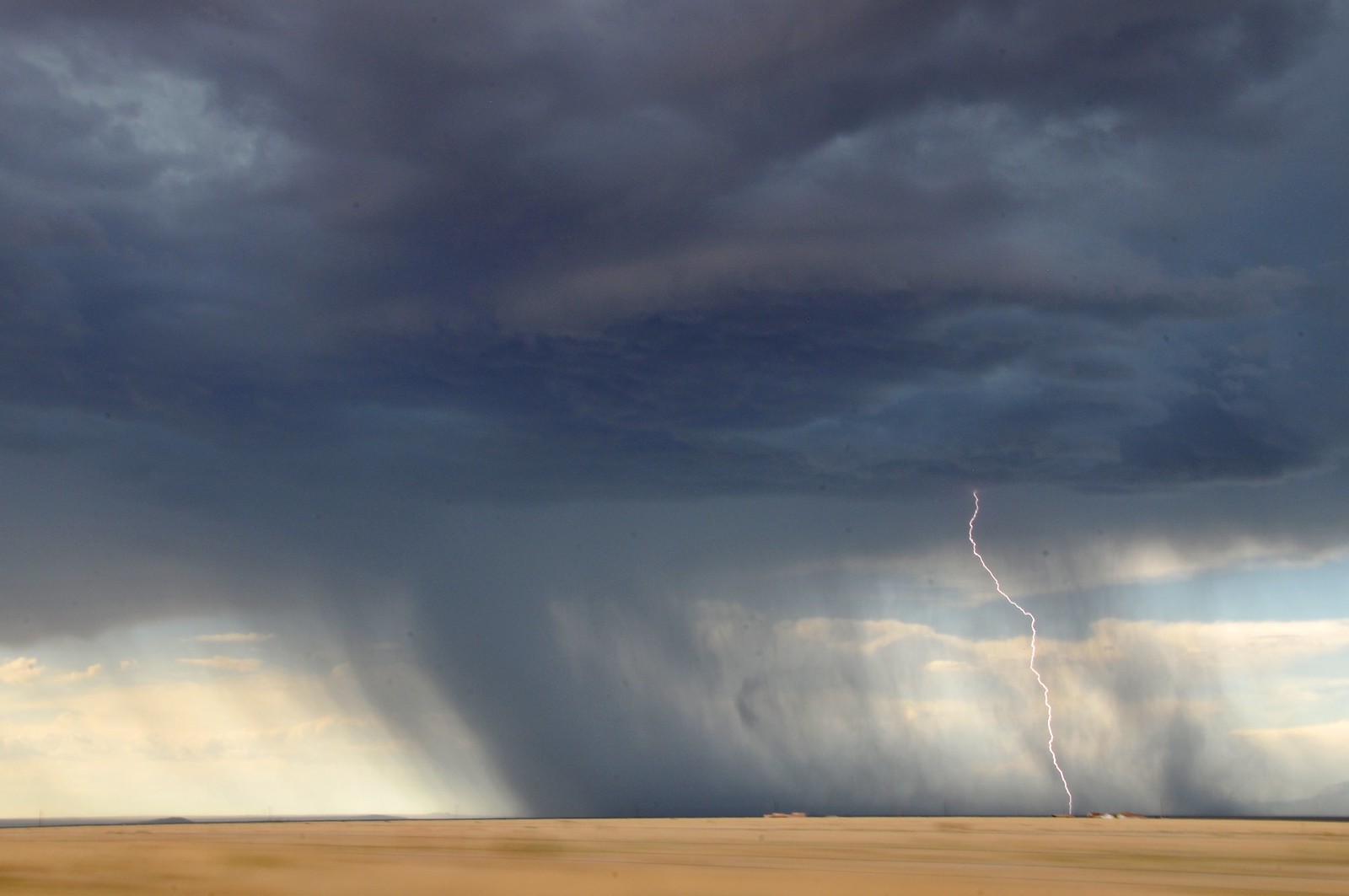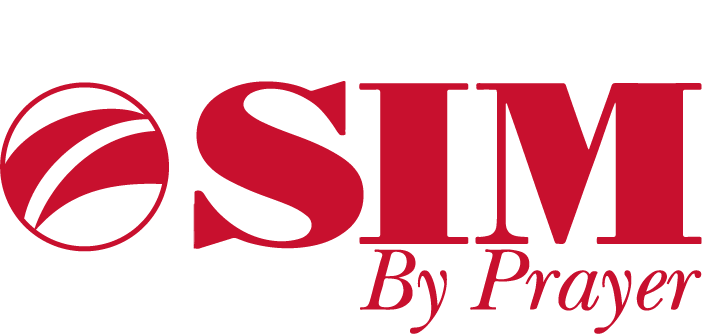What do I do with the grief of war?
By Tohru Inoue | International

Not everyone understands trauma healing work. Some cultures don’t have a word for trauma in their language. In war-affected places like South Sudan where I’ve worked, the common response to grief is, “We’ve all gone through it. You’re no different… suck it up.” It may be strange to say, but not everyone understands trauma exists. But every now and again, an event almost universally brings collective grief and mourning. Grief spills over and can’t be brushed aside.
War brings that kind of collective grief.
When the civil war started in South Sudan in 2013 many South Sudanese living in Nairobi experienced the helplessness of being far away from loved ones. Thousands of South Sudanese living abroad watched and listened helplessly. They were unable to help those taking cover from gunfire. They were unable to help relatives pack up their belongings before fleeing. They were unable to help carry the little ones on their backs during the long walk to safety. What can you do when you can’t send planes in to get people out? How could you even evacuate the whole civilian population? All they could do was try and call. They might call one day and get through, while the next day the phone might not pick up. They stayed glued to that phone as the only way of standing in solidarity with those in-country. They felt anger, fear, denial and a deep sadness.
People in the diasporas may be physically safe, but they carry heavy hearts. They sometimes carry around heavy words like, “I should have… I could have.”
In 2013, SIM helped a small group of South Sudanese in Nairobi on both sides of the conflict start their journey through grief. Trauma healing work is simply a way of helping someone navigate that journey. It provides someone to come alongside, tell them that what they experienced waspainful, and let them know that their grief matters.
Sometimes it’s hard to understand grief and we’re tempted to brush it off and try and “suck it up.” But world events have plunged us again into collective grief. And when we all feel it collectively, I’m persuaded that even the staunchest heart must see the place of trauma healing work. We start to understand that grief needs a place to find rest. Like water, it needs to flow out. As it flows and joins other streams, we realise that others have had pain too.
We may not stop war, but we can be there to journey with those who are walking an unfamiliar road. It’s saying, “You’re not alone. We are here to journey with you. We know where that grief will find rest.”
Pray
• For peace where there is war.
• For God to take away the heavy burdens people are carrying.
Related stories

Doro Clinic outreach programmes reach the forgotten with care and the gospel
In South Sudan’s Maban County, medical teams from SIM’s Doro Clinic are reaching refugees who can’t reach them, bringing healing, hope and the gospel to the sick, the stigmatised and the overlooked.

Today for Tomorrow is rooting the next generation in Christ across Southern Africa
Today for Tomorrow began with just five children when SIM mission worker Graham, Jessie and Chris Maphosa saw a gap in how children were being discipled. While serving in Zimbabwe, Chris and colleagues developed the T4T training programme to help pastors and teachers share Christ-centered lessons in ways children could understand. Today, the ministry has grown significantly and continues to shine across the region.

Our call to care for the planet goes beyond recycling: lessons on creation stewardship
As a child growing up in Canada, I thought recycling was the best way to help the planet. The world’s problems were much too big for us as children, but finally, there was something we could do as well, right from our home. But my understanding of all my efforts were turned on its head when I chatted with Ian Ratcliff, SIM's Ministry Point Person for Creation Stewardship and Care.

